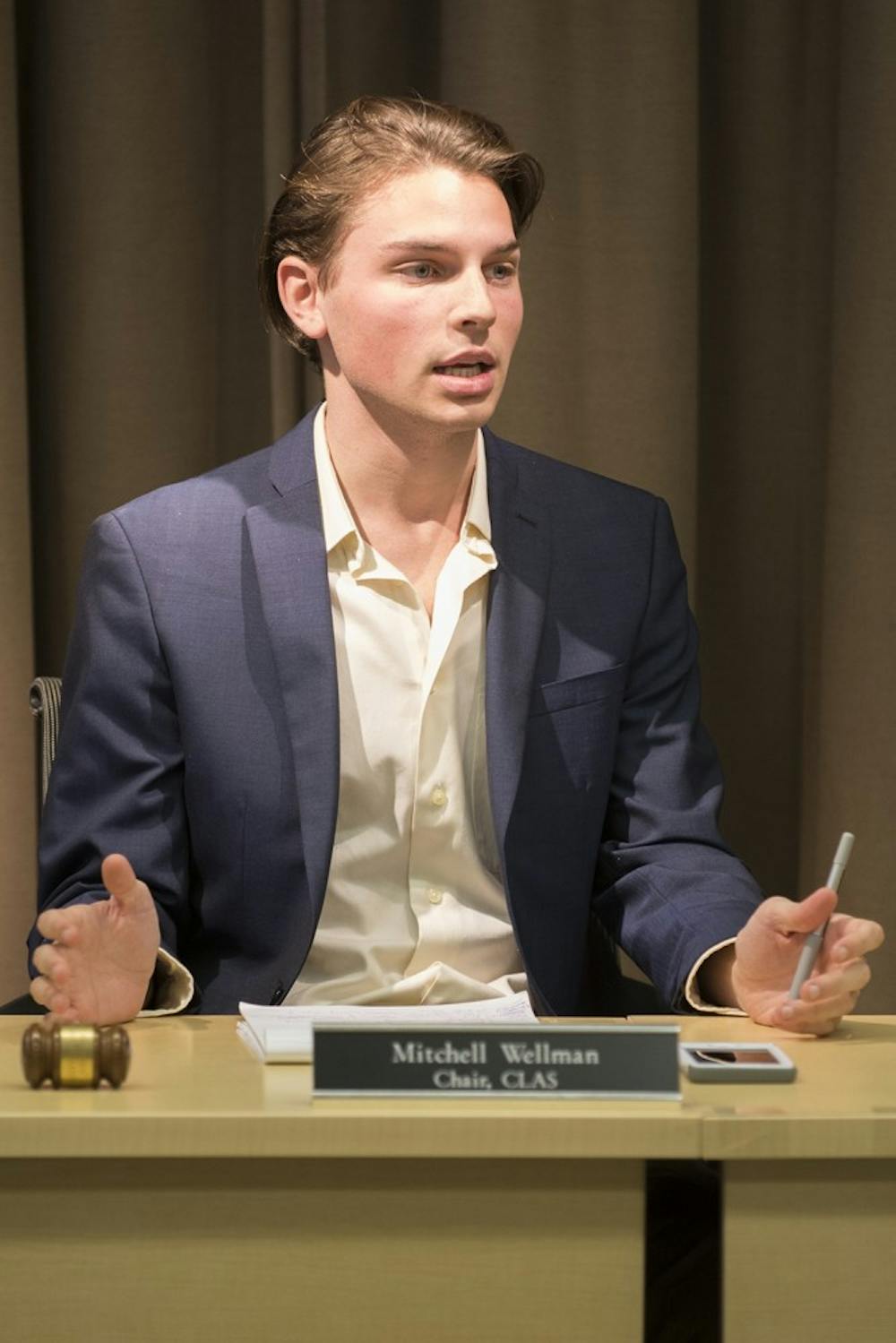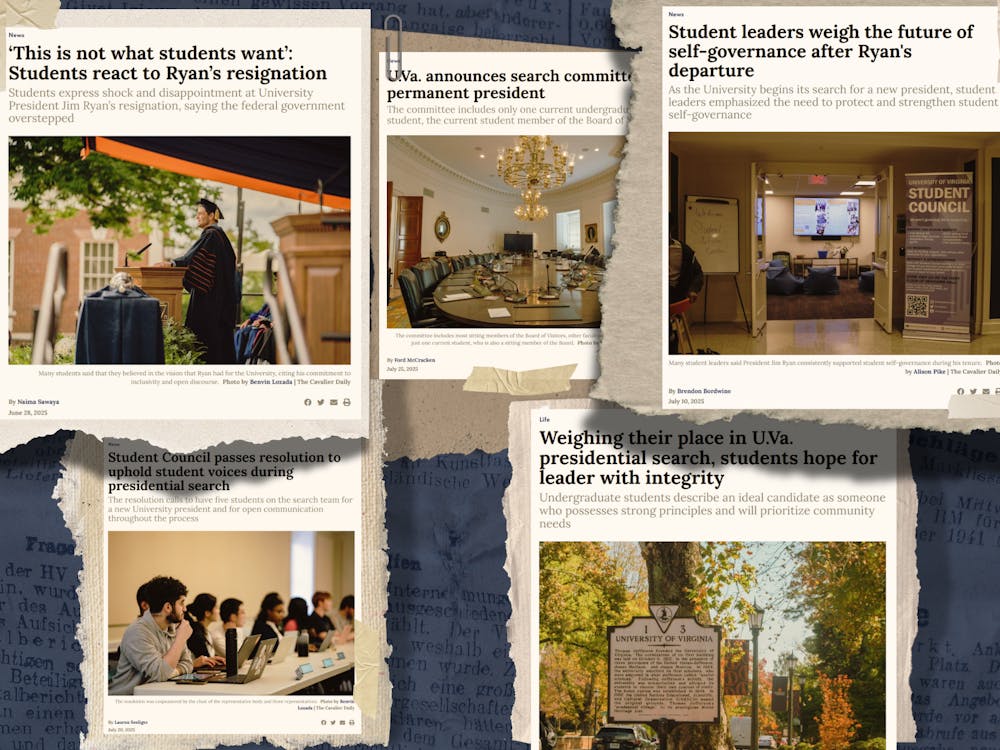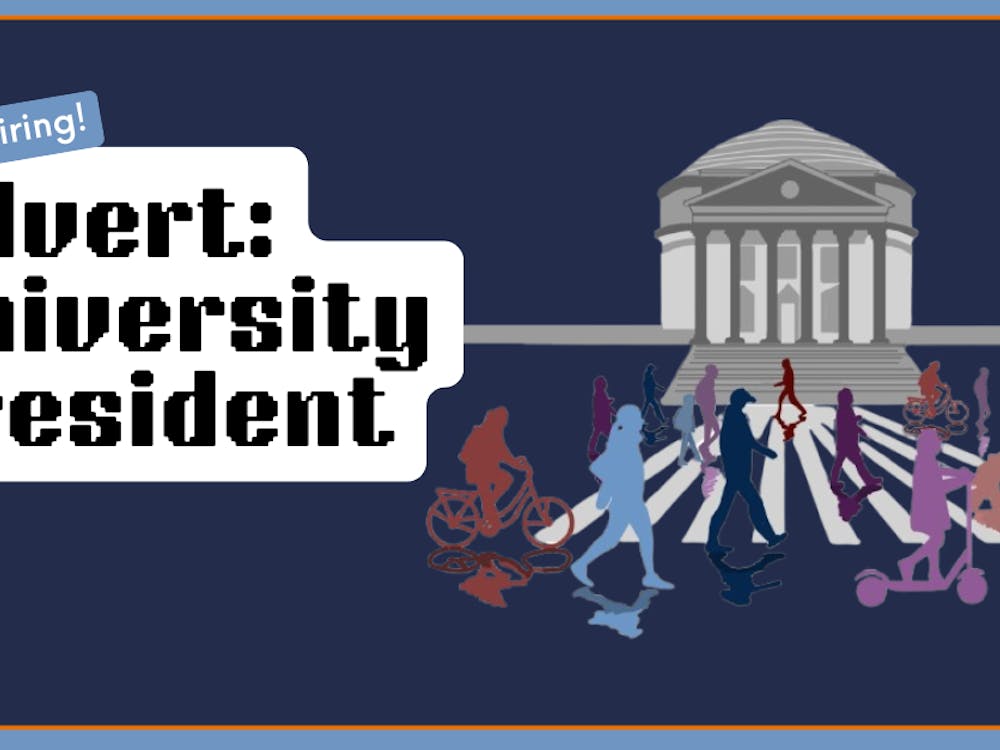The University Judiciary Committee met for the first time Sunday following the University elections and discussed amendments to the UJC constitution that the student body approved, as well as proposed bylaws changes that UJC is currently considering.
Four constitutional referenda passed with widespread support in the University-wide elections.
Mitchell Wellman, a fourth-year College student and UJC Chair, said the approved referenda, — which aimed to clarify ambiguities and update language in the constitution — were a success for the committee and said the UJC “constitution has been bettered by them.”
Paul Bautz, a second-year Law student and vice chair for trials, then introduced the working bylaws changes to get input from the general body. There were five major administrative changes, with the most debated being a change to the position of UJC educators. These proposed bylaw changes are different from the four constitutional amendments recently approved by the student body.
Educators serve an advisory role in the courtroom, and are also part of the committee’s face in the larger University community.
“The educator’s main focus is not only educational duty within the trial, but the outreach purpose,” Wellman said in an interview with The Cavalier Daily. “That’s more distinctive of their role, the outreach of setting up collaborations with other CIOs and student groups, we do an awareness week every fall that they are in charge of. They’re essentially like our outreach committee, but they also do have a minimal role in the trial itself.”
The proposed change to the bylaws is intended to make the educator position open to more students by not having educators go through the process of approval to sit in on trials. However, the general body expressed concern about eliminating educators from trials.
“The educator is supposed to be a resource to the students, to make them feel more comfortable,” Emma Westerhof, a first-year College student and First-Year Judiciary Committee vice chair said.
Some groups voiced concern in the discussion that educators may not get the necessary experience outside of the courtroom.
“Part of the importance of having educators in trials is that they get exposure,” Westerhof said. “Without that experience they cannot educate the student body as to what is going on.”
Others spoke in favor of a decreased role for educators over completely eliminating educators from the courtroom.
“They could only be required to sit on the most important trials where there may be a need for a third party that isn't caught up in the whole investigation process,” Bautz said.
Taking educators out of the courtroom would allow them more time for outreach in the University community, but might take away an incentive for recruitment, according to Wellman.
“On one end we think that it will drive [applications] up because it’s less stringent,” Wellman said in an interview. “On the other, there may be a lower sense of investment because the trial procedure serves as such a valuable part of the involvement in UJC for people. Being able to be in the trial room and see that sanction issued is a really key factor in what drives our membership.”
Other possible major bylaws changes include administrative clarifications on voting, elections, training and ensuring the accused’s right to see evidence brought against them.
No votes were taken on the potential bylaw changes at Sunday’s meeting.







